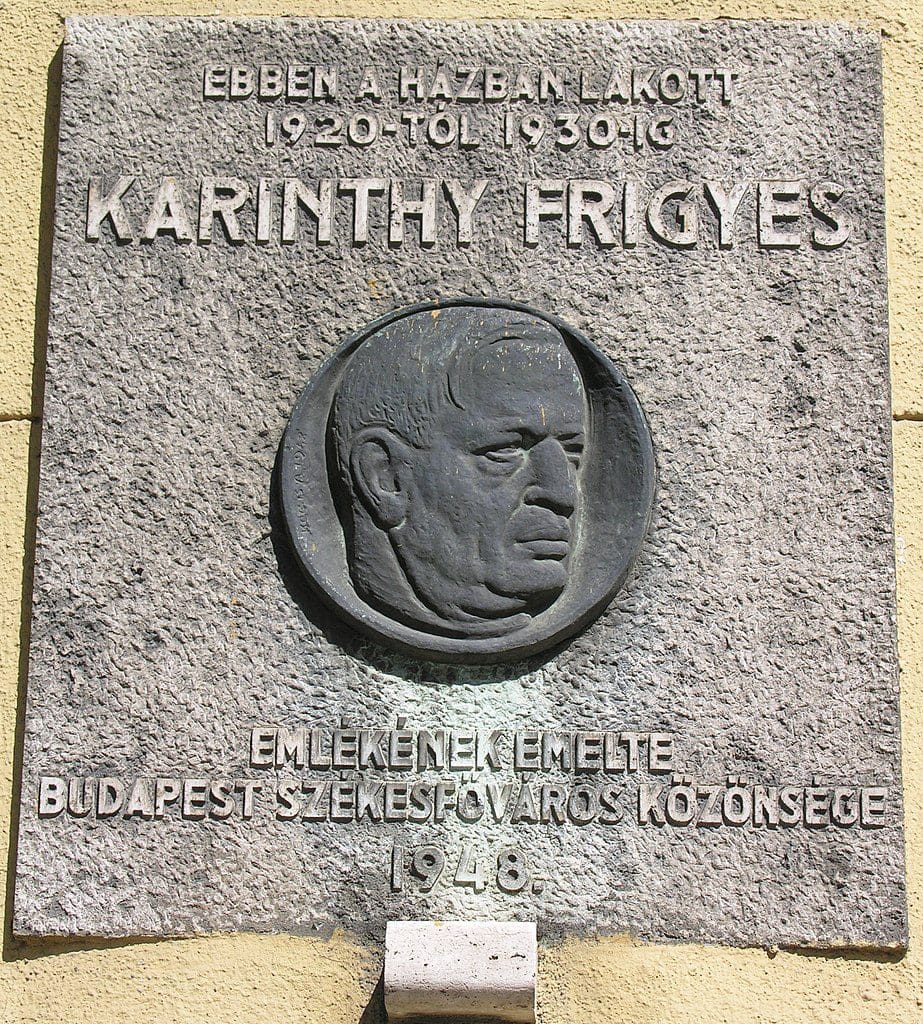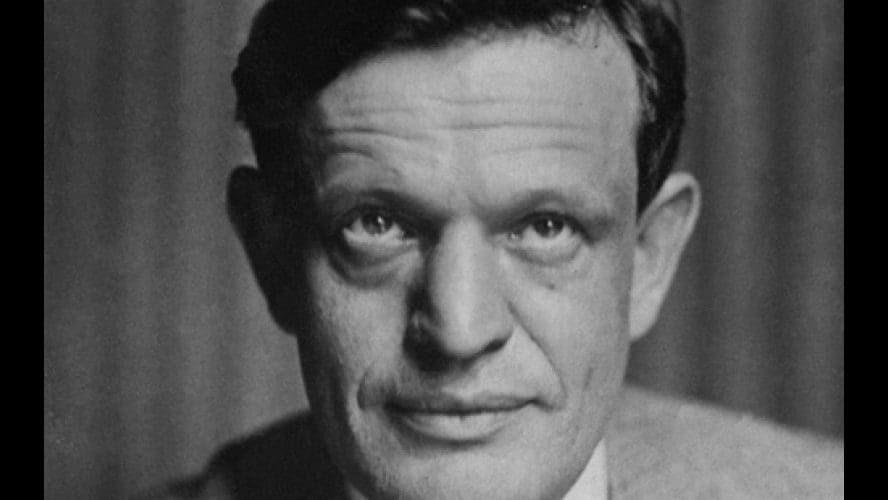Frigyes Karinthy is one of the few universally acknowledged great comedic minds of Hungary. In an area as subjective as comedy, it is especially hard to achieve unanimous acclaim. Yet he was able to do just that, a feat that, apart from him, perhaps only Géza Hofi was able to do.
Karinthy was born exactly 136 years ago today, on 25 June 1887 in Budapest, Austria-Hungary. Interestingly, his initial interest was not literature or any other form of arts, rather, natural sciences and mathematics. He first studied physics and mathematics at university, then transferred to become a medical student—however, he never completed a degree in any of these subjects. What he did do was make friends with Dezső Kosztolányi and Milán Füst, two prominent writers of the famous literary journal Nyugat (West).
Soon, Karinthy got some literary success of his own, through the collection of parodies he wrote. Így írtok ti (That’s How You Write!), was published in 1913,
and it featured parodies of the works of the greatest poets and writers of Hungarian literature at the time, such as Endre Ady, Attila József, and his friend Kosztolányi; as well as some of the classics of the past, such as Sándor Petőfi and Zsigmond Móricz.

Just as Karinthy did not intend to go with arts and literature originally, he was not planning on becoming a comedic writer either. However, the success of Így írtok ti essentially ‘pigeonholed’ him into that role. Karinthy, often having to fight through financial troubles, knew he had to produce humorous pieces if he wanted to make a living for himself.
Perhaps the best known, most-read (and to this day, often-read) work of his is Tanár úr, kérem! (Please, Sir!), a collection of comedic sketches about high school life first published in 1916,
at a time when the experience of children from all kinds of social backgrounds attending secondary school together was relatively new. Tanár úr, kérem! ended up being translated to over a dozen languages over the course of many decades.
However, Karinthy himself was not the most exuberant, fun-seeking personality. Rather, he was quite political. An avid pacifist, and he was very much emotionally invested in the world’s political affairs, especially during World War I. However, he did not live to see the horrors of World War II. As an ethnically Jewish man, he was spared from witnessing what national socialism did to his people in Hungary; although his second wife, Aranka Böhm did end up perishing in the Auschwitz concentration camp.
Frigyes Karinthy passed away on 29 August 1938, aged just 51, from a brain tumour. The tumour was discovered in his head when he was 49. After undergoing surgery by a famous Swedish surgeon, he seemed to be making a full recovery for a while, during which time he wrote the autobiographical novel Utazás a koponyám körül (Trip Around My Cranium), another masterful piece.
Every year, the Hungarian public broadcasting corporation MTVA rewards an artist with an outstanding performance in comedy with the Karinthy Ring, a memento symbolising comedic greatness that bears the great 20th century writer’s name. This is just one fact that serves as testament to the long-lasting impact, and the overall legacy Frigyes Karinthy left behind in Hungarian culture.
Related articles:







